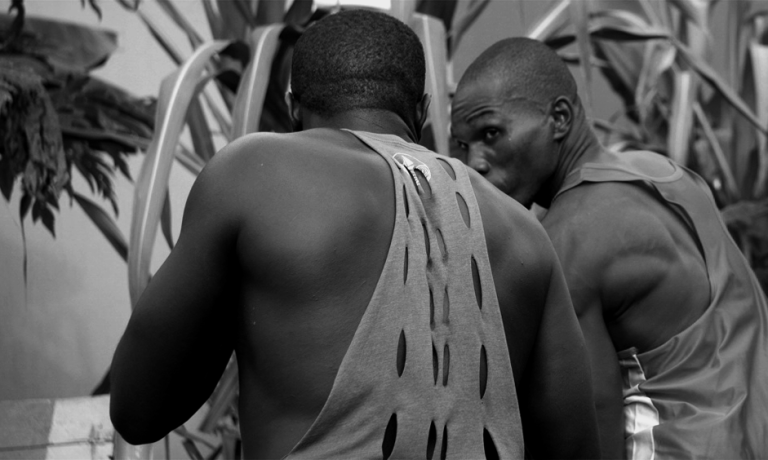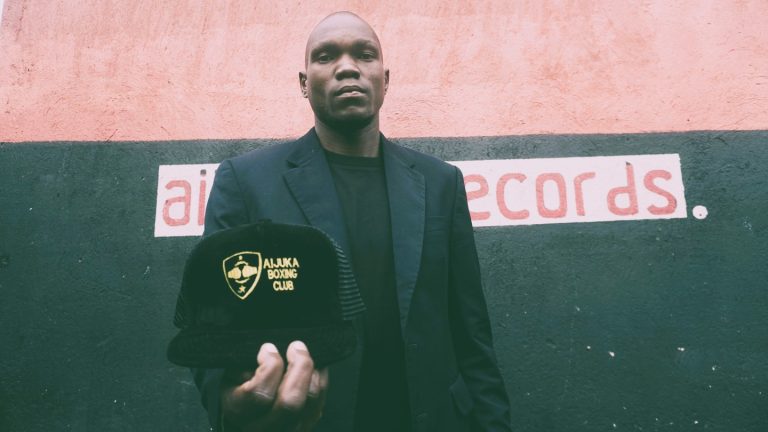The Evolution
Music is an essential part of human culture and expression, and Africa has a rich and diverse musical heritage that spans thousands of years. In this blog post, we will explore how music evolved in Africa and how it influenced and was influenced by other musical traditions around the world, especially in modern music.
One of the earliest forms of music in Africa is the traditional music of various ethnic groups, which often reflects their social, religious, and historical contexts. Traditional music usually involves vocal singing, percussion instruments, such as drums, rattles, bells, and xylophones, and sometimes stringed instruments, such as harps, lutes, and lyres. Traditional music is often used for ceremonies, rituals, storytelling, and entertainment.
Another form of music that emerged in Africa is the Islamic music, which was introduced by Arab traders and missionaries since the 7th century. Islamic music is characterized by the use of Arabic scales, modes, and rhythms, as well as vocal recitation of the Quran and other religious texts. Islamic music also influenced the development of genres such as Gnawa in Morocco, Mbalax in Senegal, and Qawwali in Pakistan and India.
A major musical transformation in Africa occurred during the colonial period, when European powers brought their instruments, styles, and genres to the continent. African musicians adopted and adapted these elements to create new forms of music that blended African and European influences. Some examples of these genres are Highlife in Ghana, Soukous in Congo, Afrobeat in Nigeria, and Makossa in Cameroon.
The most significant musical influence from Africa to the rest of the world came in the 20th century, when African diaspora communities in America and Europe created new genres that incorporated elements from their ancestral cultures. These genres include Jazz, Blues, Rock and Roll, Reggae, Salsa, Hip Hop, R&B, and many others. These genres also influenced contemporary African musicians who incorporated them into their own styles.

https://open.spotify.com/artist/0yRPVWknO536ooNl1EWGn0?si=d2d2c2d857a04c5a






